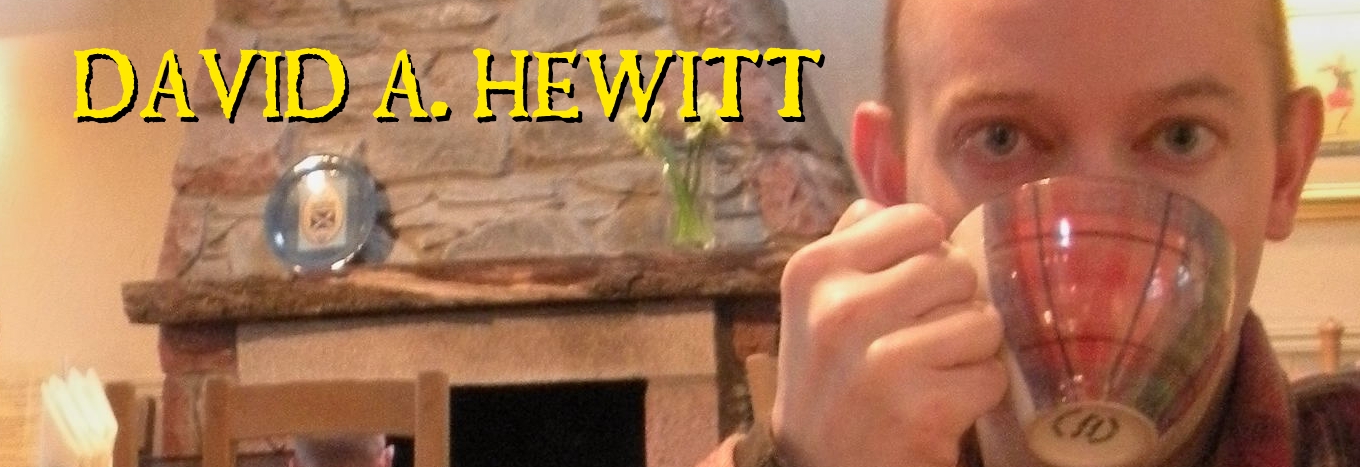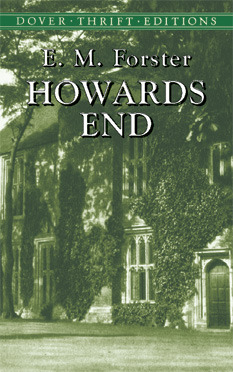I’m not sure I’ve ever suffered from what’s usually called “writer’s block”: the sight of a blank page doesn’t fill me with any particular fear or dread. But “REWRITER’S block”? That I know something about.
A real challenge for me, and I think for most writers, is my relationship with comments and feedback. Author Neil Gaiman has been quoted as saying, sagely I think, that when someone tells you something’s wrong with your story they’re usually right, but when they tell you how to fix it they’re usually wrong. The thing is that writing isn’t mathematics; sentences, characters, and plot threads can’t cleanly be judged as “correct” or “incorrect.” For every person who finds Joyce’s Ulysses brilliant, for example, another will find it loathsome, and the same could be said of any book ever written (though the proportions of like to dislike might vary). In getting feedback and using it to inform rewrites, how to judge whether a comment is “right” or “wrong,” helpful or to be disregarded?
It’s entirely natural, maybe even inevitable, to bristle to some degree at criticism. But I think, if we’re to get better at navigating feedback, the crucial skill isn’t separating the worthy feedback from the unworthy, but rather learning to pick apart one’s own mind, and more specifically scrutinizing the very hazy line between ego and taste. It’s easy to disagree with feedback and put that disagreement down to differences of taste: “This commenter just has different tastes from me, and what he/she doesn’t like about my work, I actually think makes it stronger/more unique/spicier.” In some cases this is an entirely valid response — taste does differ from reader to reader, without question. In more cases than we care to admit, though, this is the mind lying to itself, throwing up walls to keep that precious, fragile prima donna the ego safe in its padded room.
And how to distinguish between the ego-reaction and the taste-reaction? I don’t think there’s a simple answer to that. It may be that making the effort to do so is in itself the goal and the answer.

